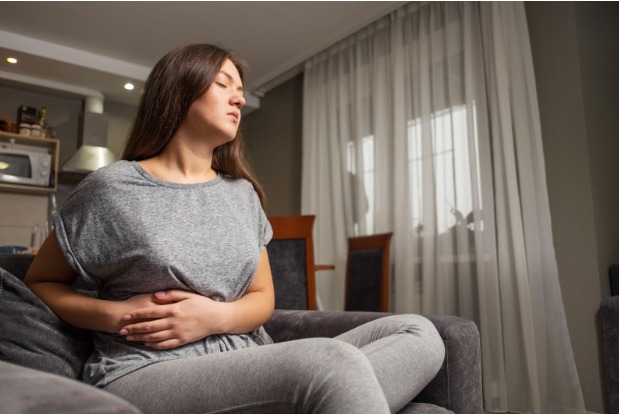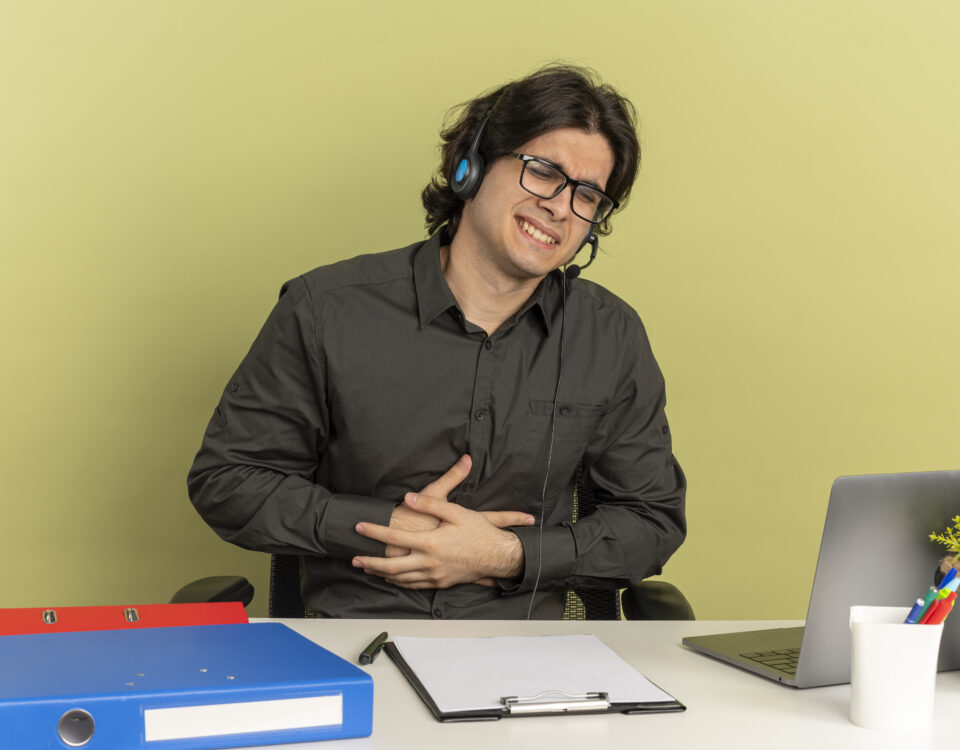
What is Appendicitis?
May 16, 2025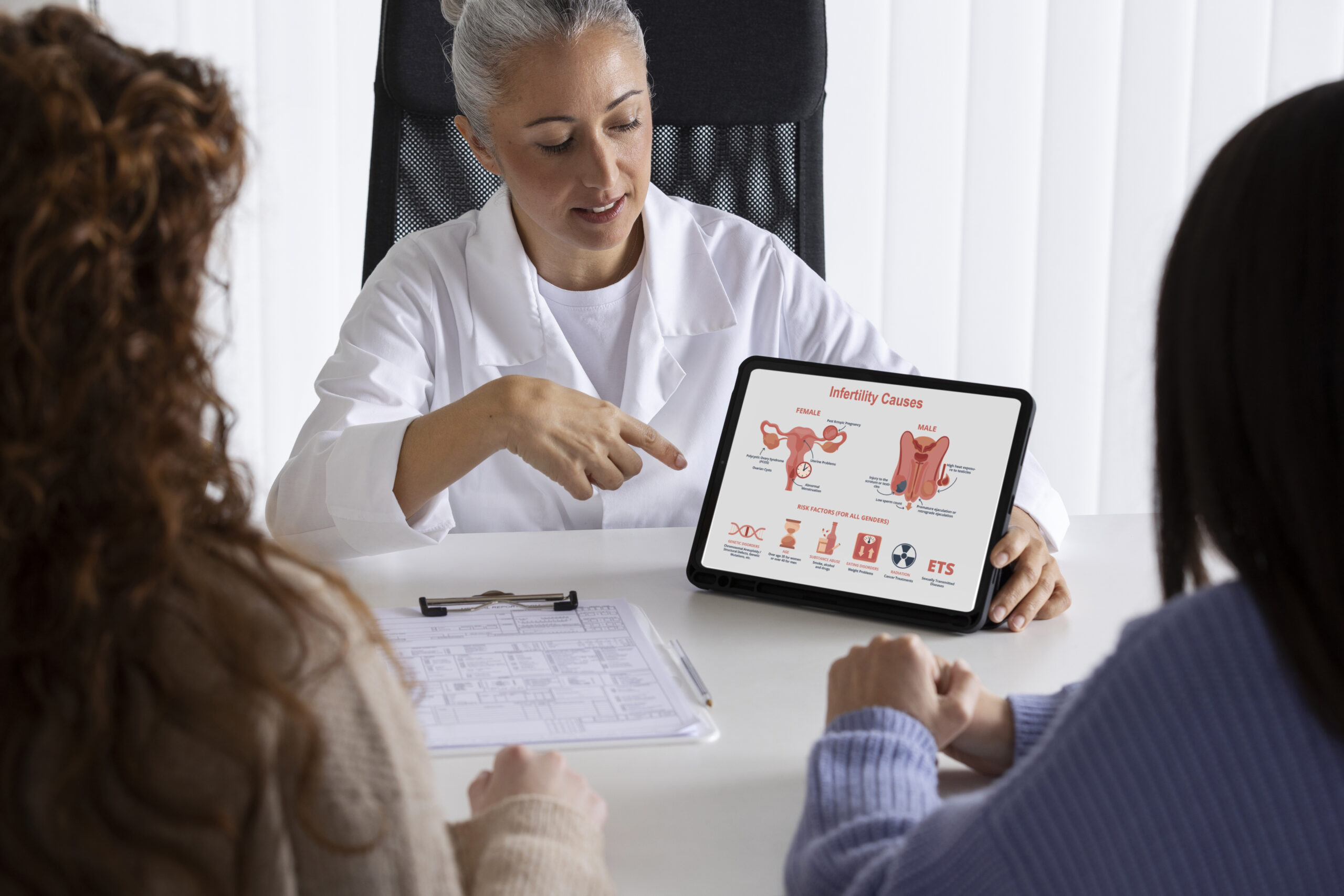
Colonoscopy Near Me
May 26, 2025Colonoscopy Prep Not Working After 5 Hours
Colonoscopy is an important diagnostic procedure utilized to detect colon abnormalities such as colorectal cancer, polyps, and inflammatory bowel diseases. Clear visibility of the bowel is assured through adequate bowel preparation. Patients, however, often have a hard time with the prep, especially when the bowel fails to empty even after five hours.
In this article, we'll discuss why colonoscopy prep won't work after five hours, what to do, warning signs to be aware of, and when to call your provider. We also offer advice on best practices for an effective cleanse.
Understanding the Colonoscopy Prep Process
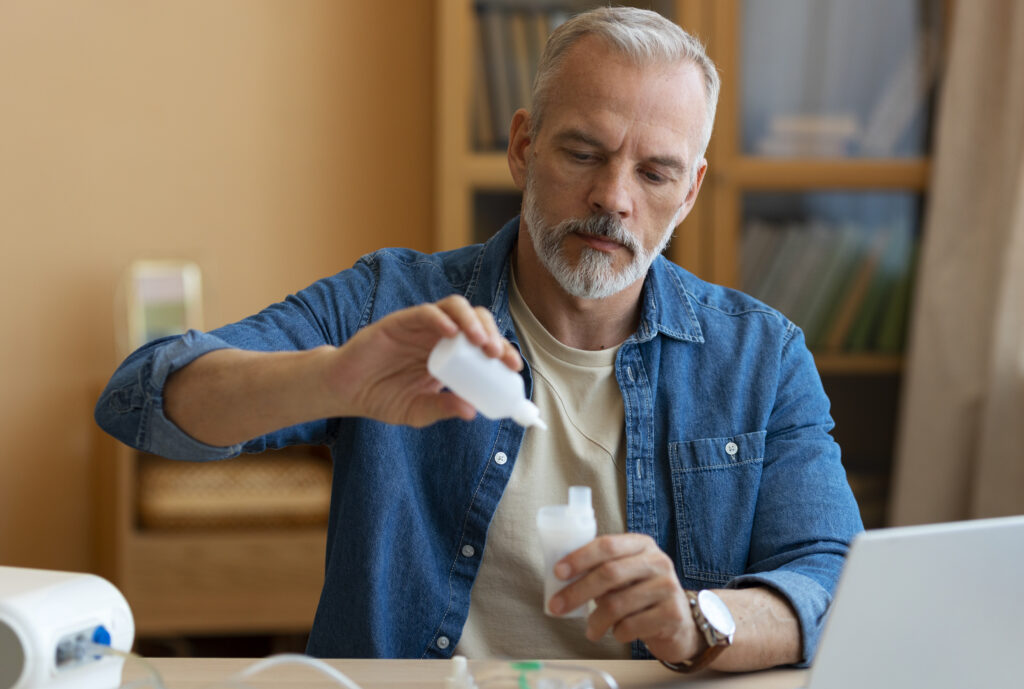
Colonoscopy prep usually entails drinking a bowel-cleansing agent that is meant to empty the intestines. Solutions used can include polyethylene glycol (PEG) or other laxatives like magnesium citrate or sodium sulfate. Patients are instructed on a clear liquid diet one day prior and consume the prep in divided doses.
A successful prep typically leads to frequent, watery stools that persist until the stool is light yellow or clear. But if there are no results within five hours, then something may be hindering the process.
Why Colonoscopy Prep Might Not Work After 5 Hours
Incomplete Ingestion of the Prep Solution
The most frequent cause of failing colonoscopy prep is not completing the prep drink or drinking it too slowly. Timing and volume are precise. If the instructions recommend completing a dosage within a specific timeframe, one should stick to that rule for the solution to be effective.
Underlying Medical Conditions
Some conditions can decelerate the gastrointestinal tract. Some of these include:
- Chronic constipation
- Irritable Bowel Syndrome (IBS)
- Diabetes (particularly with neuropathy)
- Hypothyroidism

Patients with such conditions might have delayed bowel emptying, and thus regular prep procedures may be inadequate.
Dehydration and Poor Fluid Intake
The bowel prep solution is most effective when it is taken with plenty of water. If the solution is not accompanied by sufficient fluids, it cannot pass smoothly through the colon. Dehydration also decreased bowel motility, making the cleanse less effective.
Medication Interference
Certain drugs, including opioids, anticholinergics, and iron supplements, can decrease bowel motility or constipation. It is important to check existing drugs with a doctor prior to prep day.
What to Do if Bowel Prep Isn’t Working After 5 Hours

If no bowel motion is felt within five hours of starting the prep, do the following:
Walk Around and Stay Active
Light activity, such as a walk, can stimulate your digestive tract and induce a bowel movement. Even walking around your home might get your gut moving.
Drink More Clear Liquids
Hydration is important. Drink water, clear broths, or electrolyte solutions to help move the prep through your intestines. Do not drink red, blue, or purple liquids because they can look like blood during the procedure.
Take Additional Prep Dose if Approved
From time to time, your physician might ask you to take a repeat dose of the laxative if the first round fails to yield a bowel movement. Only do this under the watchful eye of your doctor. Never take more than the prescribed amount by yourself.
Contact Your Gastroenterologist
If it's been five hours with no results and you don't know what to do, call your provider right away. They can advise or reschedule the colonoscopy if prep is still not complete.
If you are in New York or the surrounding area and require superior gastrointestinal care, consider booking a consultation with Vanguard Gastroenterology, a respected and trusted clinic providing full-service GI care.
How to Improve Future Colonoscopy Prep Success
Prep failure can be avoided by adopting these best practices before your upcoming colonoscopy:
Start Prep Early
Patients with chronic constipation or other GI disease may benefit from starting a low-residue diet several days before the procedure. In certain situations, physicians might recommend taking stool softeners or beginning prep earlier.
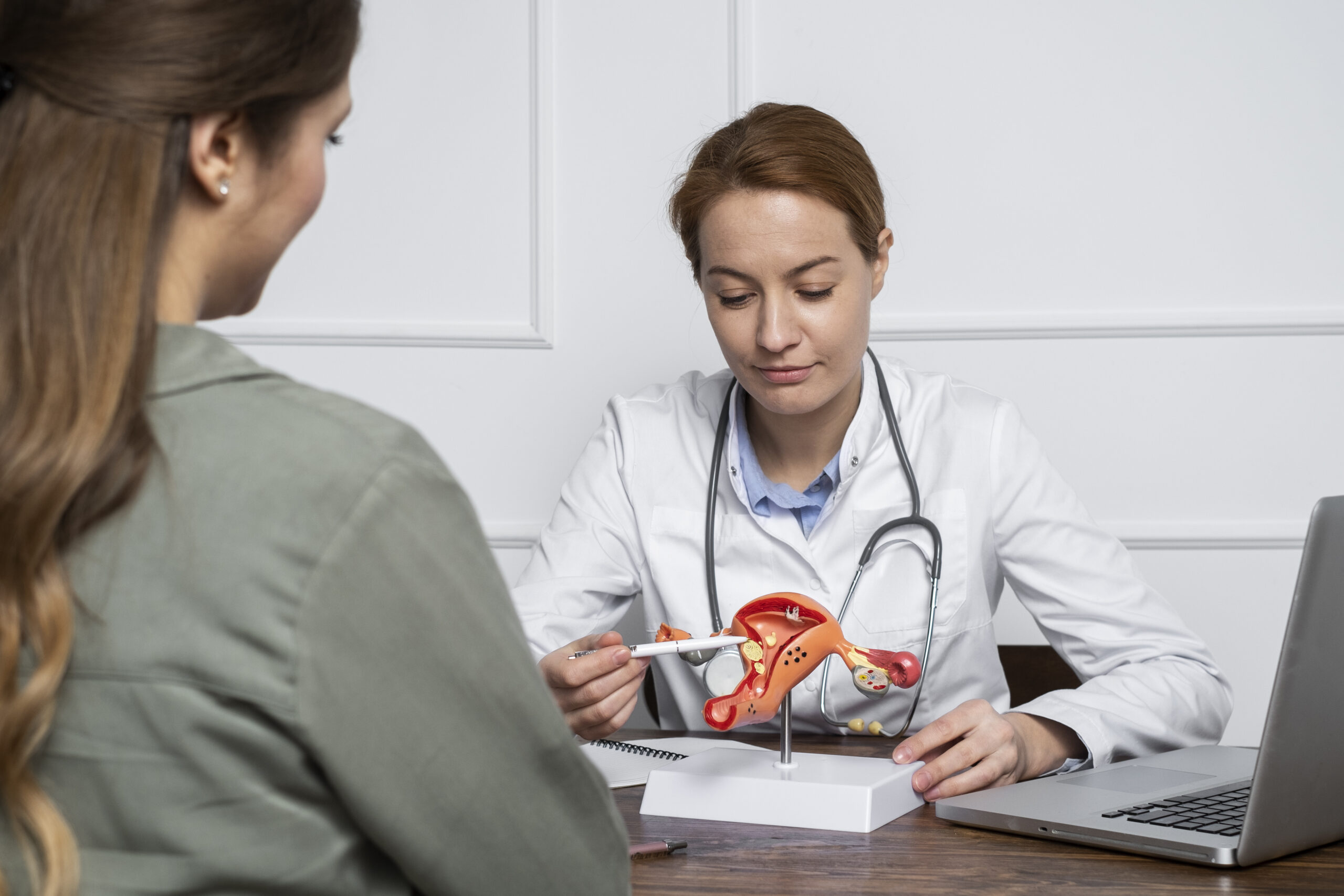
Use Split-Dose Method
Studies indicate that split-dose prep regimens, in which the prep is administered in two doses (the evening before and morning of), are a more effective cleanse and have improved visibility during the colonoscopy.
Avoid Fiber and Solid Foods in Advance
Fiber is digested slowly and could still be left in the intestines. For at least three days prior to your procedure, avoid high-fiber foods and adhere strictly to the clear liquid diet on the day before.
Stick Closely to the Instructions
Each clinic will have a slightly different protocol. Stick to your physician's advice exactly, including timing, diet, and amount of advice. Don't guess or take generic advice.

